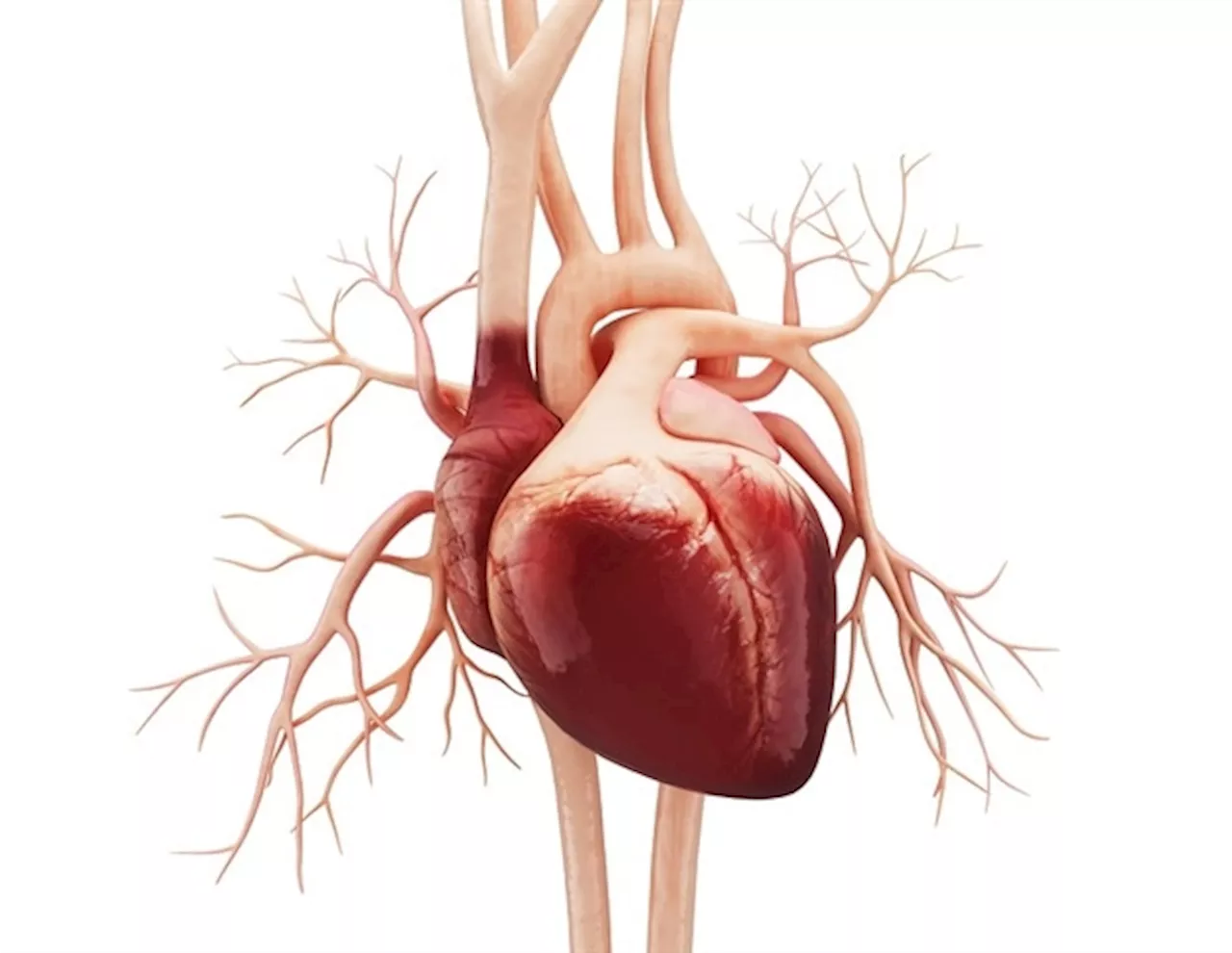SARS-CoV-2, the virus that causes COVID-19, can damage the heart even without directly infecting the heart tissue, a National Institutes of Health-supported study has found.
Mar 20 2024NIH/National Heart, Lung and Blood Institute The research, published in the journal Circulation, specifically looked at damage to the hearts of people with SARS-CoV2-associated acute respiratory distress syndrome , a serious lung condition that can be fatal. But researchers said the findings could have relevance to organs beyond the heart and also to viruses other than SARS-CoV-2.
This was a critical question and finding the answer opens up a whole new understanding of the link between this serious lung injury and the kind of inflammation that can lead to cardiovascular complications. The research also suggests that suppressing the inflammation through treatments might help minimize these complications."
To reach their findings, the researchers focused on immune cells known as cardiac macrophages, which normally perform a critical role in keeping the tissue healthy but can turn inflammatory in response to injury such as heart attack or heart failure. The researchers analyzed heart tissue specimens from 21 patients who died from SARS-CoV-2-associated ARDS and compared them with specimens from 33 patients who died from non-COVID-19 causes.
Related StoriesWhen macrophages are no longer doing their normal jobs, which includes sustaining the metabolism of the heart and clearing out harmful bacteria or other foreign agents, they weaken the heart and the rest of the body, said Matthias Nahrendorf, M.D., Ph.D., professor of Radiology at Harvard Medical School and senior author on the study.
United Kingdom Latest News, United Kingdom Headlines
Similar News:You can also read news stories similar to this one that we have collected from other news sources.
 Study Estimates Fatigue Incidence and Predictors after SARS-CoV-2 InfectionScientists at the CDC and Washington University have conducted a study to estimate the incidence rate and predictors of fatigue after SARS-CoV-2 infection. The study reveals the long-term consequences of COVID-19, commonly known as long-COVID.
Study Estimates Fatigue Incidence and Predictors after SARS-CoV-2 InfectionScientists at the CDC and Washington University have conducted a study to estimate the incidence rate and predictors of fatigue after SARS-CoV-2 infection. The study reveals the long-term consequences of COVID-19, commonly known as long-COVID.
Read more »
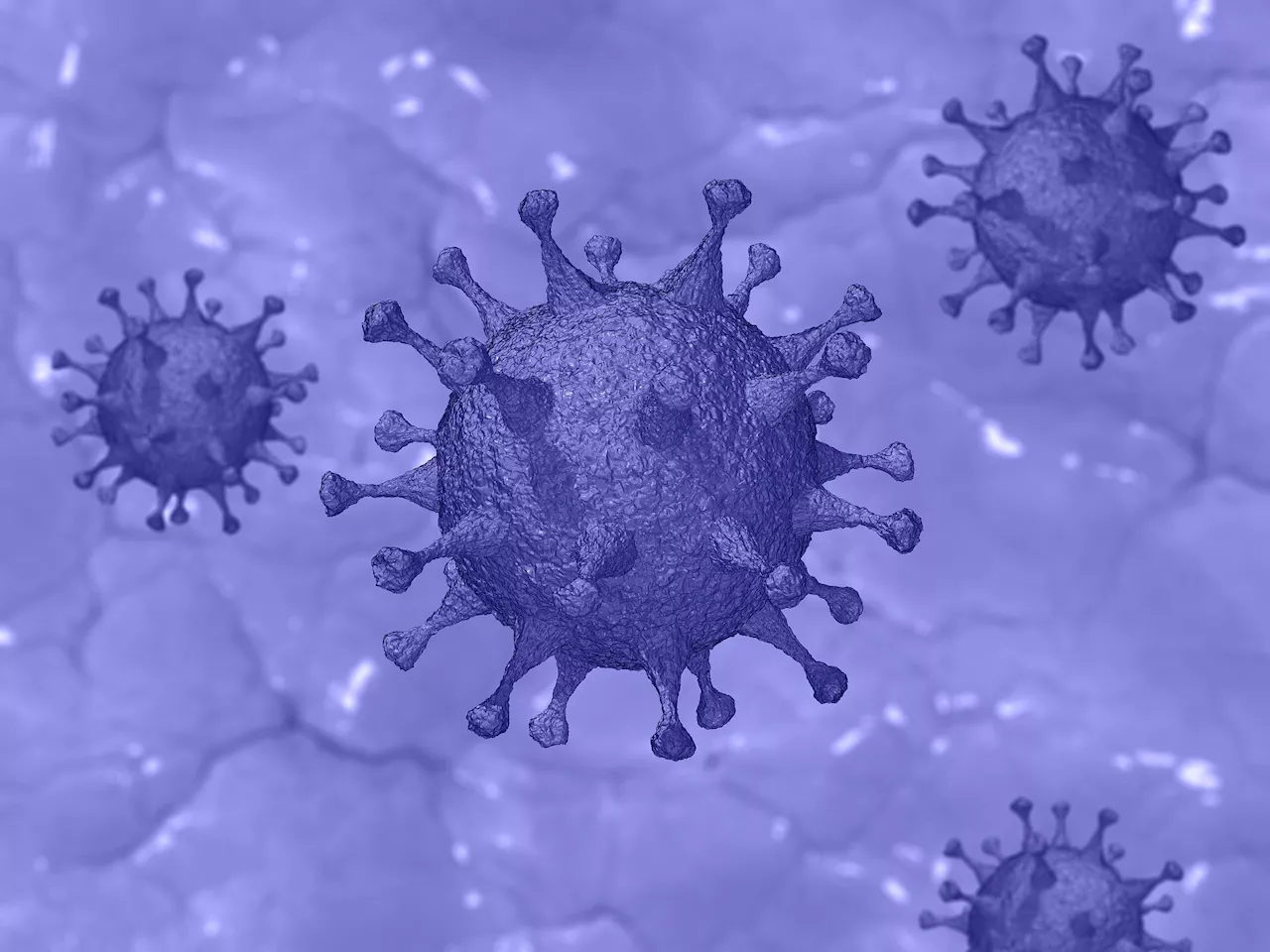 Vaccine monitoring is crucial as SARS-CoV-2 variants continue to evolve, says studyResearchers at the Francis Crick Institute and the National Institute for Health and Care Research Biomedical Research Centre at UCLH have highlighted the importance of continued surveillance of emerging SARS-CoV-2 variants and vaccine performance as the virus continues to evolve.
Vaccine monitoring is crucial as SARS-CoV-2 variants continue to evolve, says studyResearchers at the Francis Crick Institute and the National Institute for Health and Care Research Biomedical Research Centre at UCLH have highlighted the importance of continued surveillance of emerging SARS-CoV-2 variants and vaccine performance as the virus continues to evolve.
Read more »
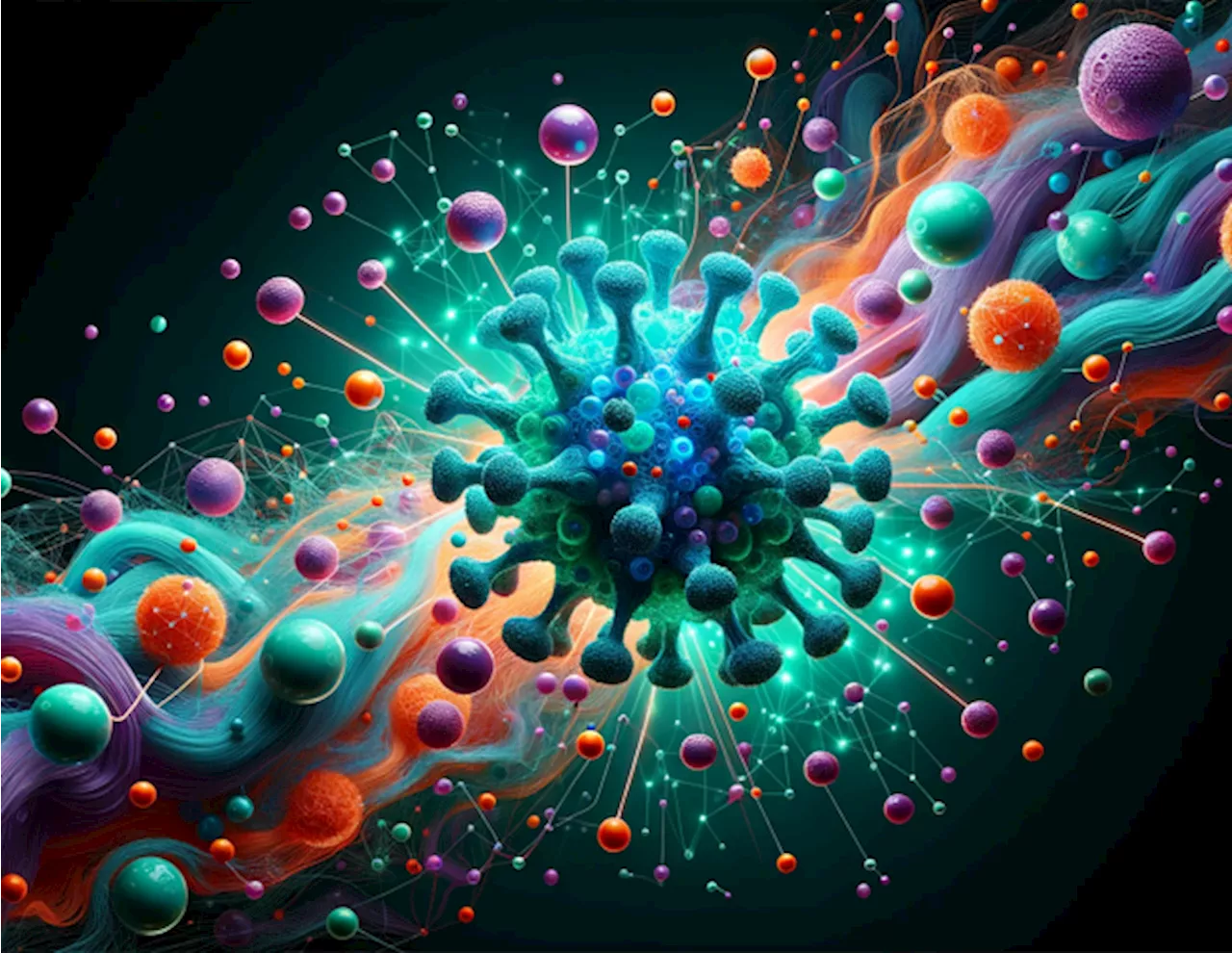 Research highlights the need for continued surveillance of emerging SARS-CoV-2 variants and vaccinesResearchers at the Francis Crick Institute and the National Institute for Health and Care Research Biomedical Research Centre at UCLH have highlighted the importance of continued surveillance of emerging SARS-CoV-2 variants and vaccine performance as the virus continues to evolve.
Research highlights the need for continued surveillance of emerging SARS-CoV-2 variants and vaccinesResearchers at the Francis Crick Institute and the National Institute for Health and Care Research Biomedical Research Centre at UCLH have highlighted the importance of continued surveillance of emerging SARS-CoV-2 variants and vaccine performance as the virus continues to evolve.
Read more »
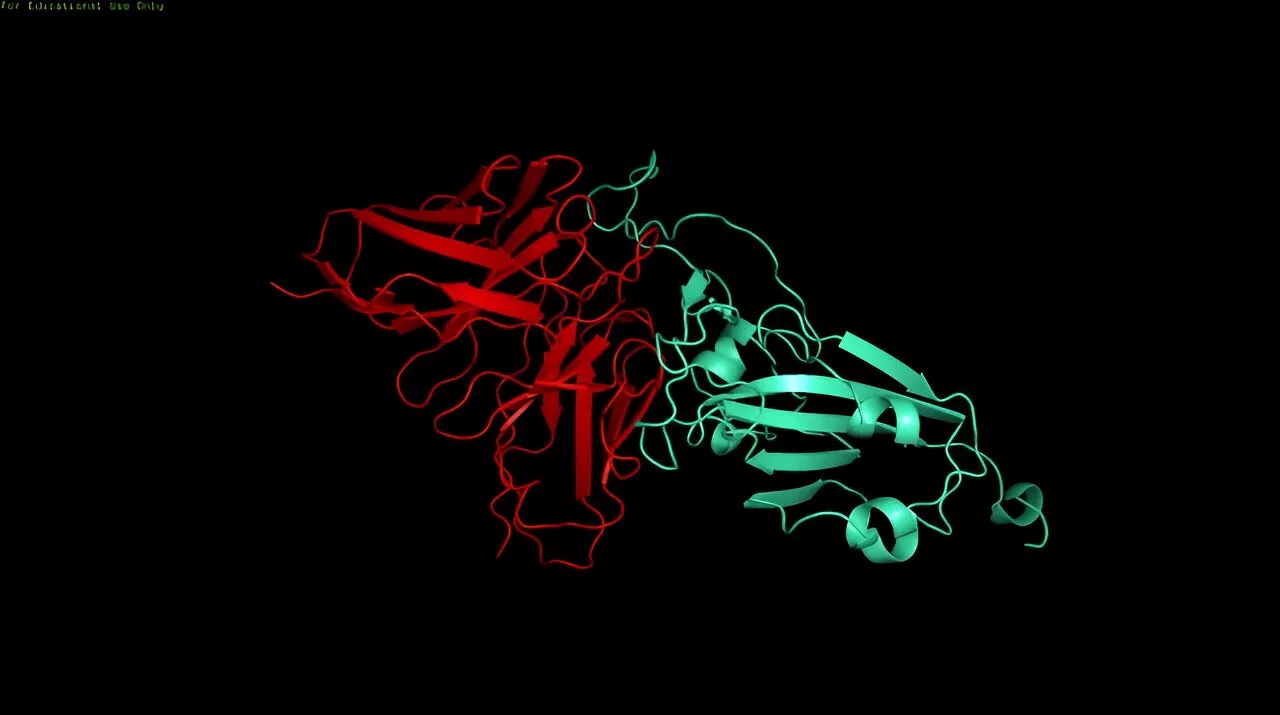 Mutations do not predict the severity of current variants of SARS-CoV-2, finds studyNew research from UNC Charlotte's Center for Computational Intelligence to Predict Health and Environmental Risks (CIPHER) has found that the two most prevalent strains of the virus that cause COVID-19, SARS-CoV-2 variants BA.2.86 and JN.
Mutations do not predict the severity of current variants of SARS-CoV-2, finds studyNew research from UNC Charlotte's Center for Computational Intelligence to Predict Health and Environmental Risks (CIPHER) has found that the two most prevalent strains of the virus that cause COVID-19, SARS-CoV-2 variants BA.2.86 and JN.
Read more »
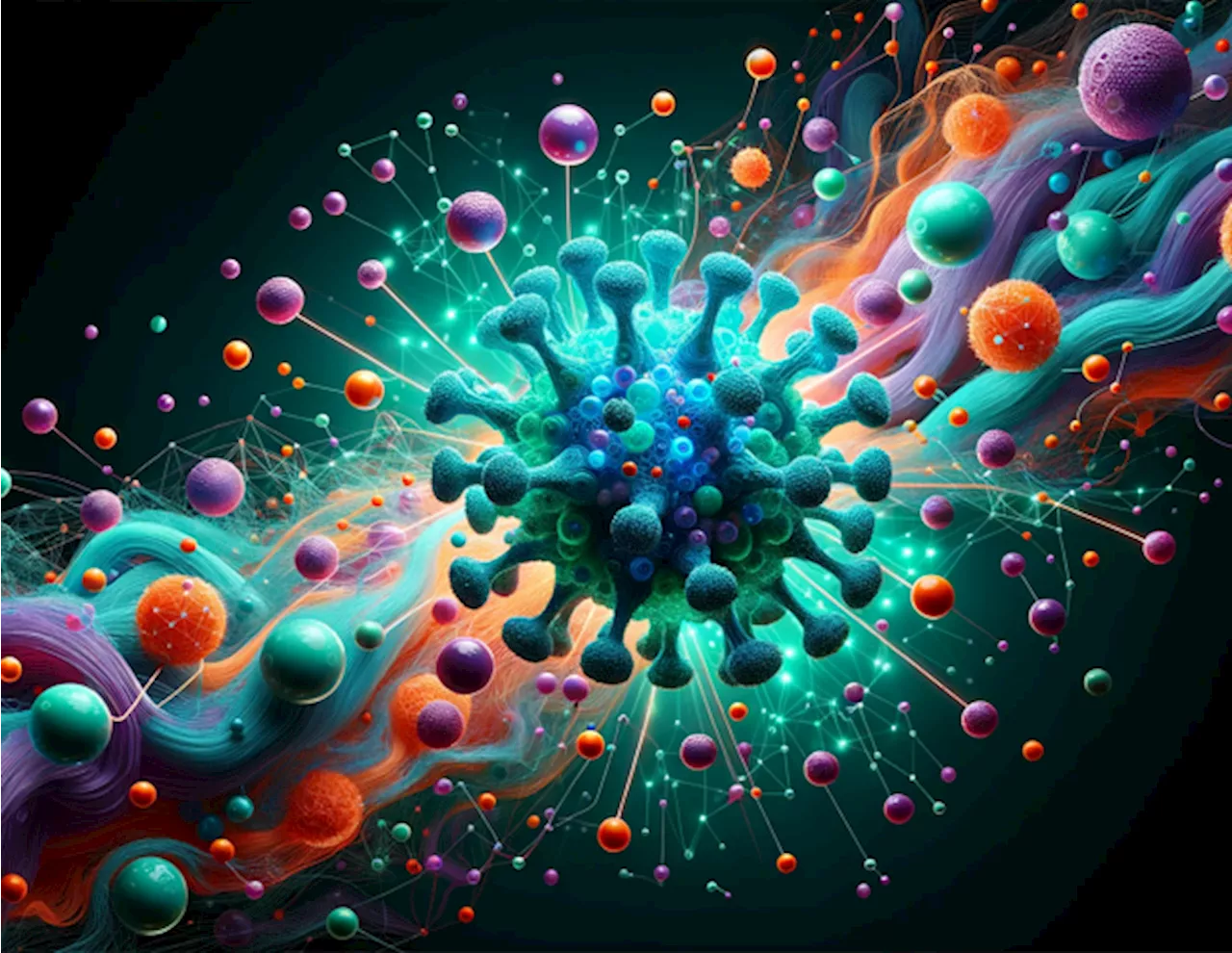 Severity of current SARS-CoV-2 variants is not linked to the number of mutationsNew research from UNC Charlotte's Center for Computational Intelligence to Predict Health and Environmental Risks (CIPHER) has found that the two most prevalent strains of the virus that cause COVID-19, SARS-CoV-2 variants BA.2.86 and JN.
Severity of current SARS-CoV-2 variants is not linked to the number of mutationsNew research from UNC Charlotte's Center for Computational Intelligence to Predict Health and Environmental Risks (CIPHER) has found that the two most prevalent strains of the virus that cause COVID-19, SARS-CoV-2 variants BA.2.86 and JN.
Read more »
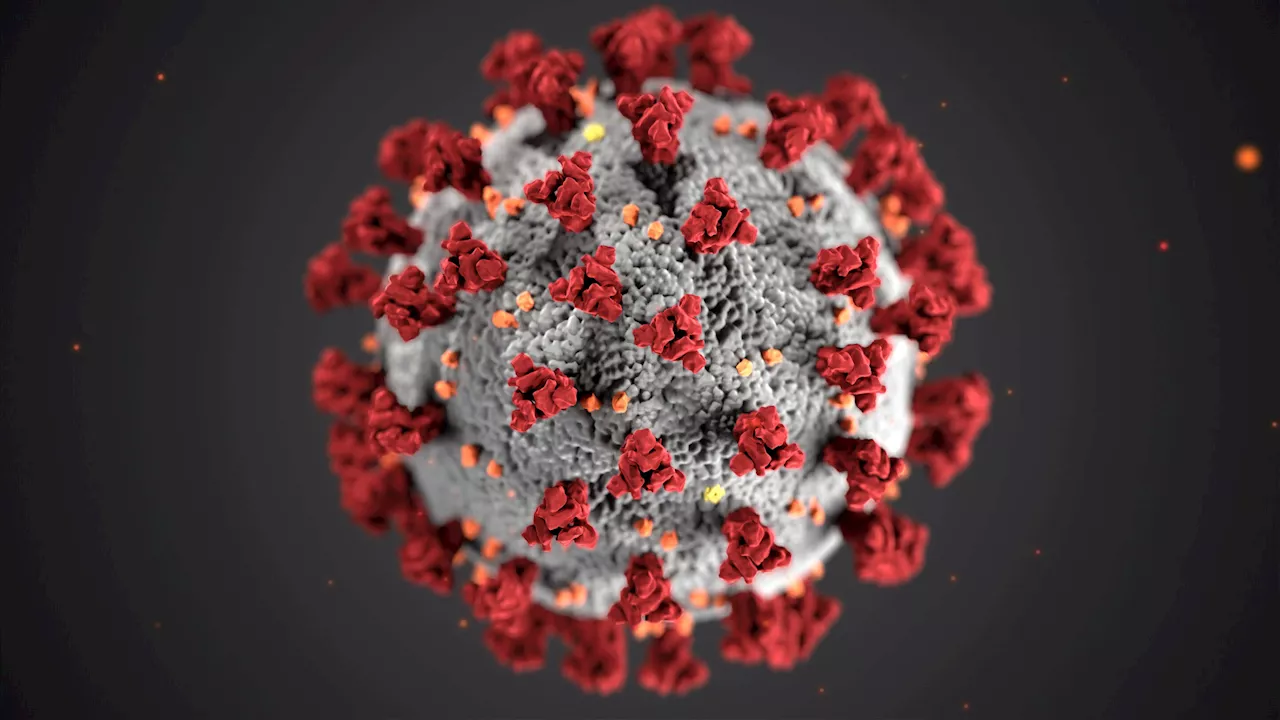 SARS-CoV-2 spike protein sensitizes nociceptors and evokes nociceptive behaviorsA study that investigated whether the spike protein of Severe Acute Respiratory Syndrome Coronavirus 2 (SARS-CoV-2) can sensitize nociceptors and promote pain-like behaviors in mice was presented at the 102nd General Session of the IADR, which was held in conjunction with the 53rd Annual Meeting of the American Association for Dental, Oral, and...
SARS-CoV-2 spike protein sensitizes nociceptors and evokes nociceptive behaviorsA study that investigated whether the spike protein of Severe Acute Respiratory Syndrome Coronavirus 2 (SARS-CoV-2) can sensitize nociceptors and promote pain-like behaviors in mice was presented at the 102nd General Session of the IADR, which was held in conjunction with the 53rd Annual Meeting of the American Association for Dental, Oral, and...
Read more »
